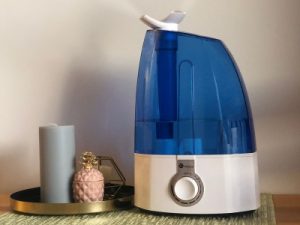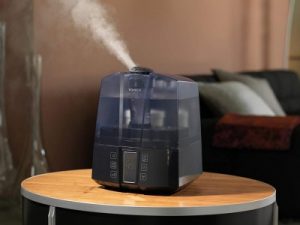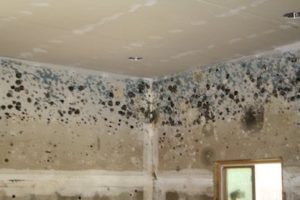Digestive Issues from Mold Exposure
While digestive issues from mold aren’t as common as respiratory, they do occur. Problems can arise that include vomiting, nausea, diarrhea, and intestinal bleeding and cramping. People can also develop yeast and bacterial infections in the gut.
If you’re having gastrointestinal issues, see your doctor. Let your physician know if you think you have been exposed to mold. Also disclose if you’ve had any respiratory symptoms like sneezing, coughing, or headaches.
It is challenging to diagnose mold as the cause of digestive problems because many other things cause the same symptoms. Your doctor may have to order tests to rule out other potential causes like parasites, viruses, ulcers, and food poisoning. Other causes include irritable bowel syndrome (IBS), food allergies, and celiac disease.
Treatment varies according to the symptoms and severity of your condition. Doctors can prescribe medication to relieve diarrhea and nausea, for example. If you have an infection, then antibiotics or antifungal medicines can also help. Sometimes, patients experience both digestive and respiratory symptoms at the same time. So, treatment will be concurrent in those cases.
Of course, you must also find and eradicate the source for mold exposure in your home or workplace. Otherwise, your symptoms will persist and worsen.






































